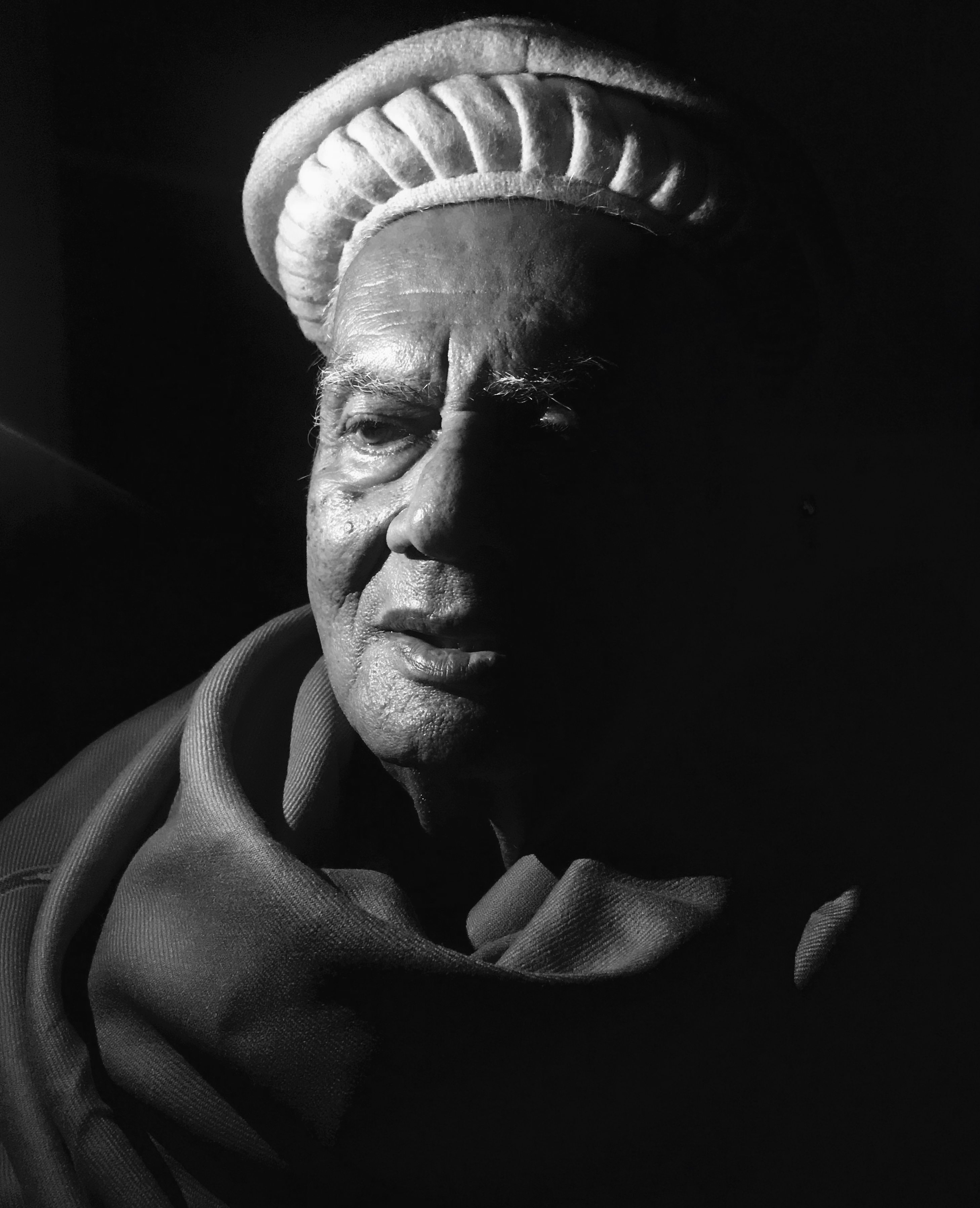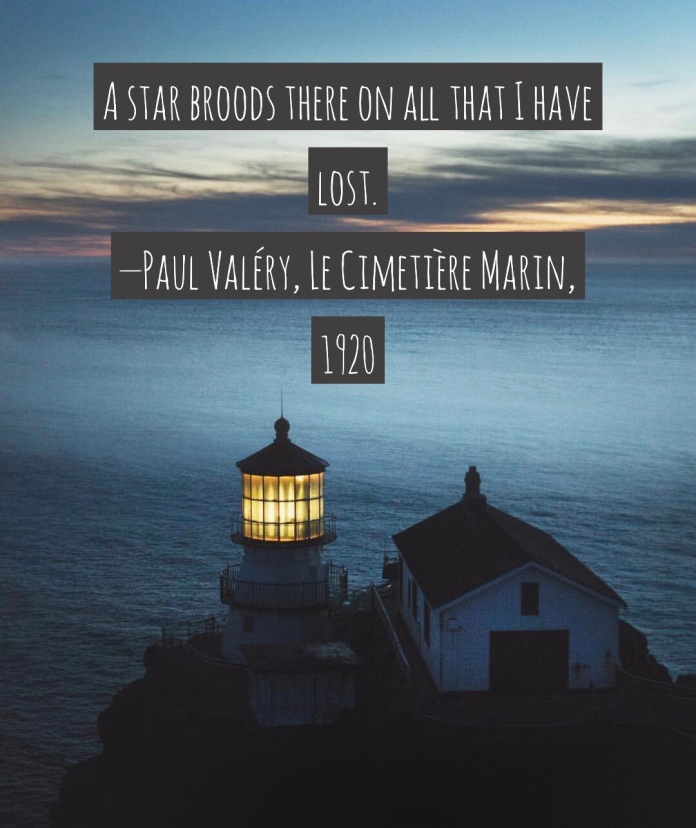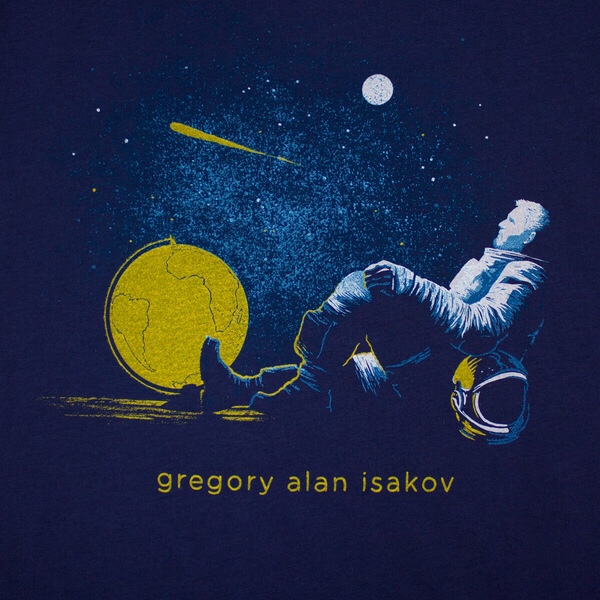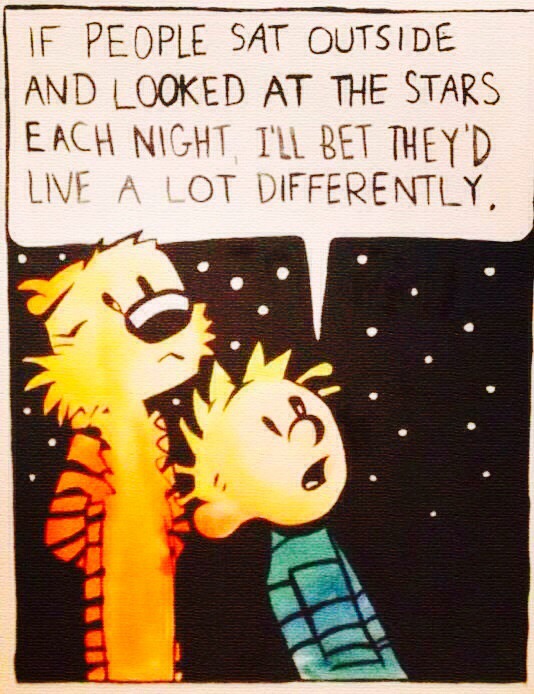I would sell
all I own and have and built
for more time
with you.
— Tyler Knott Gregson
“FALLING slowly / Eyes that know me,” he stopped. They all stared at him. The café was full and now they all stared at him and even the waitresses who would bustle about and pay him no heed stood in the silence, staring. He tried to clear his throat. It didn’t work. He looked at the mike and felt the weight of the guitar on his knee and all the patrons and waitresses staring at him and felt the sweat collect on his brow. A group of rowdy teenagers walked into the café. Everyone turned to stare at them. They stopped. But that was all he needed and by the time they had turned back, the stage was empty and only the angled mike stood in the spotlight — a little off-centre — alone.
He sat on the bench outside, waiting. He didn’t have to wait long. He smelt her perfume on the breeze before she’d said a word and he wondered how a smell could do that to you.
“That was quite a performance!”
The cadence of her voice hadn’t changed. The lilt he remembered so well that he often caught himself thinking in it; it hadn’t changed.
“It was embarrassing.”
“I don’t think it was embarrassing.”
“No?”
“No.”
“Liar.” He smiled at her.
“Hi.” She smiled back.
“Hi.”
They looked at each other like that for a while, each watching the other watch them, drinking in the ravages of time — a line here, a wrinkle there.
“So,” he asked. “Where’ve you been?”
She considered this for moment.
“Tangier,” she said, narrowing her eyes. He could hear the teasing in her voice.
“That was one time, okay? The one time I play a Dylan song for you and —”
She laughed just then and he wondered how a laugh could do that to you.
“I was just kidding!” she said.
“Sure you were.”
“I was! I was! It’s just the way you sang it. So … poignant!” And she began to laugh all over again and this time he couldn’t help but join her.
“Hey, we both did some stupid things back then, okay?”
“I didn’t.”
“Yes, you did!”
“No!”
“Yes!”
“Fine.”
“Fine.”
They watched together as a car drove by, the afterglow of its tail lights fading into the darkling twilight.
“Do you remember all those promises we made?” She asked.
“I do,” he said. “I do.”
“Me, too.”
“Seems like a lifetime ago, doesn’t it?”
“Yes,” she said. “But sometimes it seems like it was yesterday and now its morning and I’m awake now — I’m finally awake — and I’m brushing my teeth and going to college and walking up to the quad and there you are with that stupid grin, waiting for class to begin.”
“I wasn’t waiting for class to begin.”
“No?”
“No,” he said. “I was waiting for you.”
“You’re sweet, but I’m not buying it.”
“Well, it was worth a shot,” he grinned.
She reached for the guitar lying between them and plucked at the strings.
“You used to say something to me when we were kids.”
“I said a lot of things,” he smiled. “Most of them to impress you.”
“I know,” she said. “And it worked!”
“Until it didn’t.”
“Yes,” she sighed.
“Hey, listen. Don’t, okay? Tell me something else. Tell me something — okay, what pseudo-intellectual bullshit did I say to you?”
He could tell she wasn’t convinced but she relented and he saw the hurt as it cleared from her bright eyes.
“You told me,” she said with care, as if each word meant something different to her. “You told me: Listen! One day we’ll graduate and we’ll be old and we’ll never see each other again and never feel this way again and it’s weird, isn’t it, how life is learning to say goodbye?”
She looked at him looking at her, remembering.
“You also said how much you hated Mondays.”
“Fuck Mondays!”
“You said that, too!”
“You know, I had this dream last night.” He looked off at the lights on the buildings.
“Yeah?”
“Yeah. I was late for this stupid party. I didn’t want to go. I was sleeping in the dream and I didn’t want to go and then my Dad came into my room and woke me up. “Aren’t you late for that party?” he said. And I could tell he wanted me to stay — I could just tell — and I didn’t want to go but I got up just the same and I got dressed and I left and I didn’t say goodbye.”
She gazed at me for a moment with her hazel eyes.
“Why didn’t you say goodbye?”
“I don’t know. I woke up then and I ran downstairs and then I remembered. So I walked up again and sat on the roof till dawn.”
“I’m so sorry.”
“It’s funny though, isn’t it? How we never do the things we want to do? We never do those things.”
“I’m so sorry.” She reached for his hand. He felt her skin touch his and the hurt and the pain and the years melted away and he was fifteen and in love for the first time.
“Don’t look at me like that,” he said. “I’m fine! I’ll be fine.”
“Liar.”
“Hey, that’s my line!”
“Too bad!”
“Fine.”
“Fine.”
“God, I missed you.”
“Liar.”
“No, seriously. I always miss you. Even when I’m with you, I miss you.”
“Well, maybe it’s not me you’re missing.”
“No, I’m pretty sure it’s you.”
“Yeah?”
“Yeah.”
“Good boy.” She intertwined her fingers with his.
“What are the chances, though?” he asked.
“Of what?”
“Of this. Of you. Of us meeting again.”
“It’s crazy,” she smiled.
“You’re crazy.” He smiled and he knew, just then, that he’d never let her go. Not ever. Not again.
“What are you smiling about?”
“Nothing! C’mon, let’s get some coffee.”
“I hate coffee!”
“I know, I remember,” he winked.
“Fine.”
“Fine.”
“Ice-cream?” she asked.
“Only if you’re paying,” he said.
“What happened to chivalry?”
“Feminism happened!”
“You’re horrible!” she said. And, laughing, they walked back towards the café.
He woke with a start and his hand reached out to touch the sheets beside him. They were cold and he remembered and it took him a few minutes to compose himself.
When he could breathe again, he sat up, pushed the sheets to one side and went to the sink. The water was cold and fresh and when he saw his weathered reflection staring back at him, he smiled.
“Who’s the best?” he said, aiming a punch at the mirror. It was something he did in the mornings when she’d walk in behind him, hair messy from just waking up, cascading to one side like a waterfall that you’d chanced upon in a clearing in the woods and it was all yours, the curtains waiting to be parted.
“Who’s the best?” And she’d loved it and told him it was adorable — that he was adorable — but now she was gone and it wasn’t morning it was night and he felt silly and old and so he stopped.
He stared at himself for a while and then switched off the light and walked up the stairs to the roof. The old acoustic lay against the door and he picked it up, took it outside and tuned it under the stars.
He played a chord and it was hesitant and unsure and the sound died out soon under the vast night sky. He tried again.
“Spent all night / Tryin’ to remember your face,” he stopped. He tried clearing his throat. It didn’t work. His hands shook as he took off his glasses and wiped them on his shirt. He laid the guitar down on the dusty floor and lay back in the dusty chair and closed his eyes, trying to remember her face.
They wouldn’t find him till Monday.










